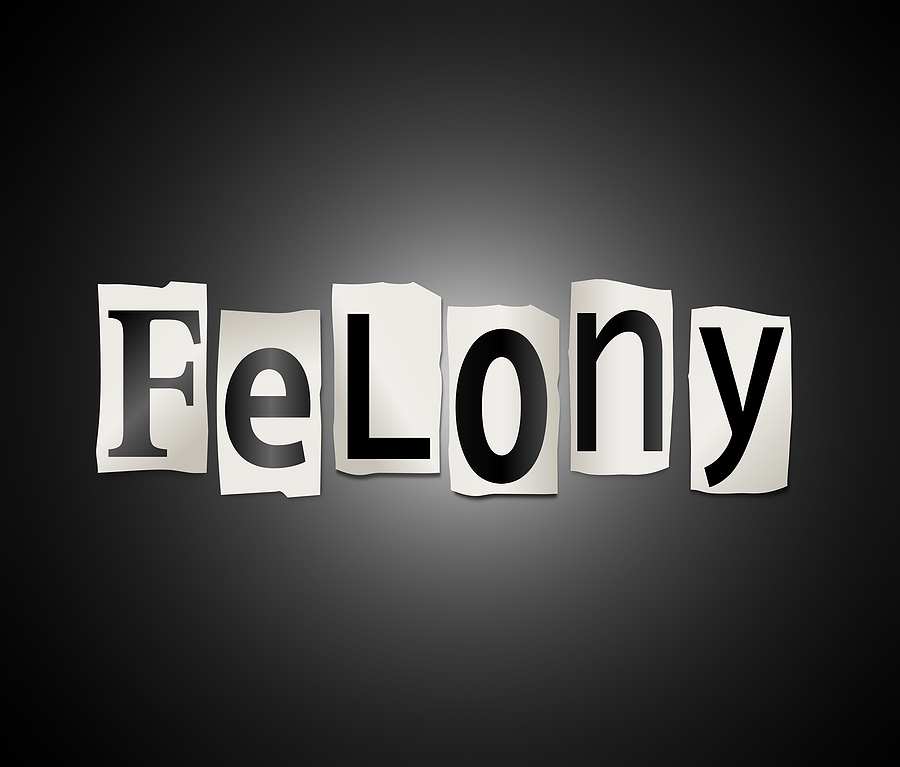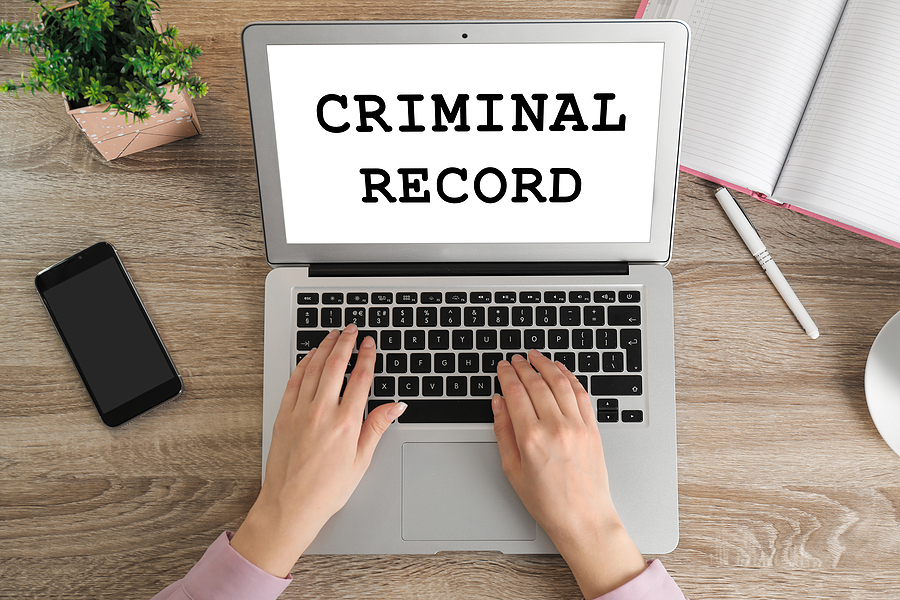A past mistake shouldn’t dictate your future forever. For many Hoosiers, a criminal record acts as an invisible barrier, quietly closing doors to employment, housing, and professional licensing long after a sentence has been served. The anxiety of a background check can turn job interviews into stressful interrogations and make finding a safe place to live incredibly difficult.
Fortunately, Indiana law recognizes that rehabilitation is real and that individuals deserve the opportunity to move forward. The “Second Chance Law”—formally known as Indiana’s expungement statute (Indiana Code 35-38-9)—provides a legal pathway to seal criminal records. While the process is legalistic and strict, the outcome can be life-changing, restoring civil rights and prohibiting discrimination based on past convictions.
As we head into 2026, understanding how to navigate this law is more important than ever. Whether you have a minor misdemeanor or a more serious felony from years ago, this guide will walk you through the eligibility requirements, the application process, and the profound benefits of clearing your name.

Understanding the Indiana Second Chance Law
It is important to clarify what “expungement” means in Indiana. Unlike some states where expungement implies the physical destruction of records, Indiana’s Second Chance Law primarily focuses on restricting access.
When a record is expunged (or sealed) in Indiana, it does not vanish entirely. Instead, it is removed from public access. This means that if a landlord, potential employer, or curious neighbor searches for your name on public court databases like MyCase, the records will not appear.
For most convictions, the records remain visible to criminal justice agencies, such as police, prosecutors, and courts. However, for non-convictions (arrests that did not result in a guilty verdict) or specific lower-level offenses, the records may be sealed more tightly.
The Landscape in 2026
While the core of the Second Chance Law has remained consistent, recent years have seen shifts toward automation for certain low-level records. As of 2026, the law continues to evolve to make the process more accessible for those with arrests that did not lead to convictions. However, for established convictions, the petition-based process remains the standard. This means you must actively file a request with the court to have your rights restored—it rarely happens automatically for convictions.
Eligibility Criteria for Record Sealing
Indiana uses a tiered system to determine eligibility. The waiting periods and requirements depend heavily on the severity of the offense. Here is a breakdown of who qualifies:
Arrests and Non-Convictions
If you were arrested but never convicted, or if your conviction was later vacated, you are generally eligible for expungement after one year from the date of arrest. In many newer cases (post-2022), this may happen automatically, but older records often require a petition.
Misdemeanors
For misdemeanor convictions, including Class D or Level 6 felonies reduced to misdemeanors, you may petition for expungement if:
- Five years have passed since the date of conviction.
- You have no pending criminal charges.
- You have paid all fines, fees, and court costs.
- You have not been convicted of any other crime in the past five years.
Class D / Level 6 Felonies
For less serious felonies that were not reduced to misdemeanors, the requirements increase slightly:
- Eight years have passed since the date of conviction.
- You have no pending criminal charges.
- All fines, fees, and restitution are paid.
- You have not been convicted of another crime in the past eight years.
Major Felonies (Class C/Level 5 and Higher)
For more serious felonies that did not result in serious bodily injury:
- Eight years have passed since the conviction or three years have passed since the completion of your sentence (whichever is later).
- You meet all other standard requirements regarding fines and clean conduct.
Note: For certain serious felonies, the court has discretion to grant or deny the petition, and the records are marked as “expunged” but remain viewable to the public, albeit with a clear notation of expungement.
Serious Felonies Involving Bodily Injury
If the conviction involved serious bodily injury to another person:
- Ten years must have passed since the conviction or five years since the completion of the sentence.
- Crucially, you must obtain the written consent of the prosecutor to be eligible.
Who is Excluded?
Not every record can be sealed. The Second Chance Law generally excludes:
- Sex offenders and violent offenders (as defined by Indiana statute).
- Convictions for official misconduct or homicide.
- Human trafficking convictions.
- Two or more separate felony offenses involving the unlawful use of a deadly weapon.
Learn Your Eligibility for Expungement Right Now ✅
Common Mistakes to Avoid
The “Second Chance” law has a very strict limitation known as the “One Bite of the Apple” rule. In Indiana, you can typically only file for expungement once in your lifetime.
If you have convictions in multiple counties (e.g., Marion County and Hamilton County), you must file separate petitions in each county. However, all these petitions must be filed within a 365-day window. If you expunge your Marion County records in 2026 but forget to include your Hamilton County records, you may be permanently barred from ever expunging the Hamilton County conviction.
Other common errors include:
- Filing too early: Filing before the 5-year or 8-year waiting period has fully elapsed.
- Incomplete history: Failing to list an old arrest or conviction.
- Unpaid fees: Assuming fees were paid without verifying with the clerk.
- Not hiring a lawyer: The filing process is delicate and complicated, but an attorney can ensure a smooth and accurate petition.
The Impact: Why Sealing Matters
The benefits of a successful expungement extend far beyond peace of mind. Under Indiana Code 35-38-9-10, once a record is expunged, it is unlawful to discriminate against you based on that record.
Employment Opportunities
Employers generally cannot ask about expunged convictions on job applications. If asked, “Have you been convicted of a crime?”, you can legally answer “No.” This opens doors to careers that may have previously been closed.
Housing Stability
Landlords and property management companies routinely run background checks. An expunged record helps ensure that a past mistake doesn’t prevent you from securing a safe home for you and your family.
Restoration of Rights
Expungement restores many civil rights, including the right to vote and hold public office. In some cases, it can also restore the right to possess a firearm, though this is a complex area involving specific domestic violence statutes (IC 35-47-4-7) and federal law.
Moving Forward
The Indiana Second Chance Law is a powerful tool for redemption. It acknowledges that a person is more than their worst day. By taking advantage of record sealing in 2026, you are not erasing history, but rather ensuring that your past no longer controls your future.
The process requires precision, patience, and a thorough understanding of the legal requirements. One small error regarding the “lifetime limit” or waiting periods can have permanent consequences. If you are ready to leave the past behind and reclaim your reputation, do not navigate this complex legal landscape alone.
Ready for your fresh start? Determine if you qualify for relief under the Second Chance Law with the help of our Indiana criminal record expungement lawyers, today. Schedule your free criminal record expungement eligibility review in Indianapolis.
Related Post: Clearing Your Record in Indiana: A Step-by-Step Guide to Expungement






